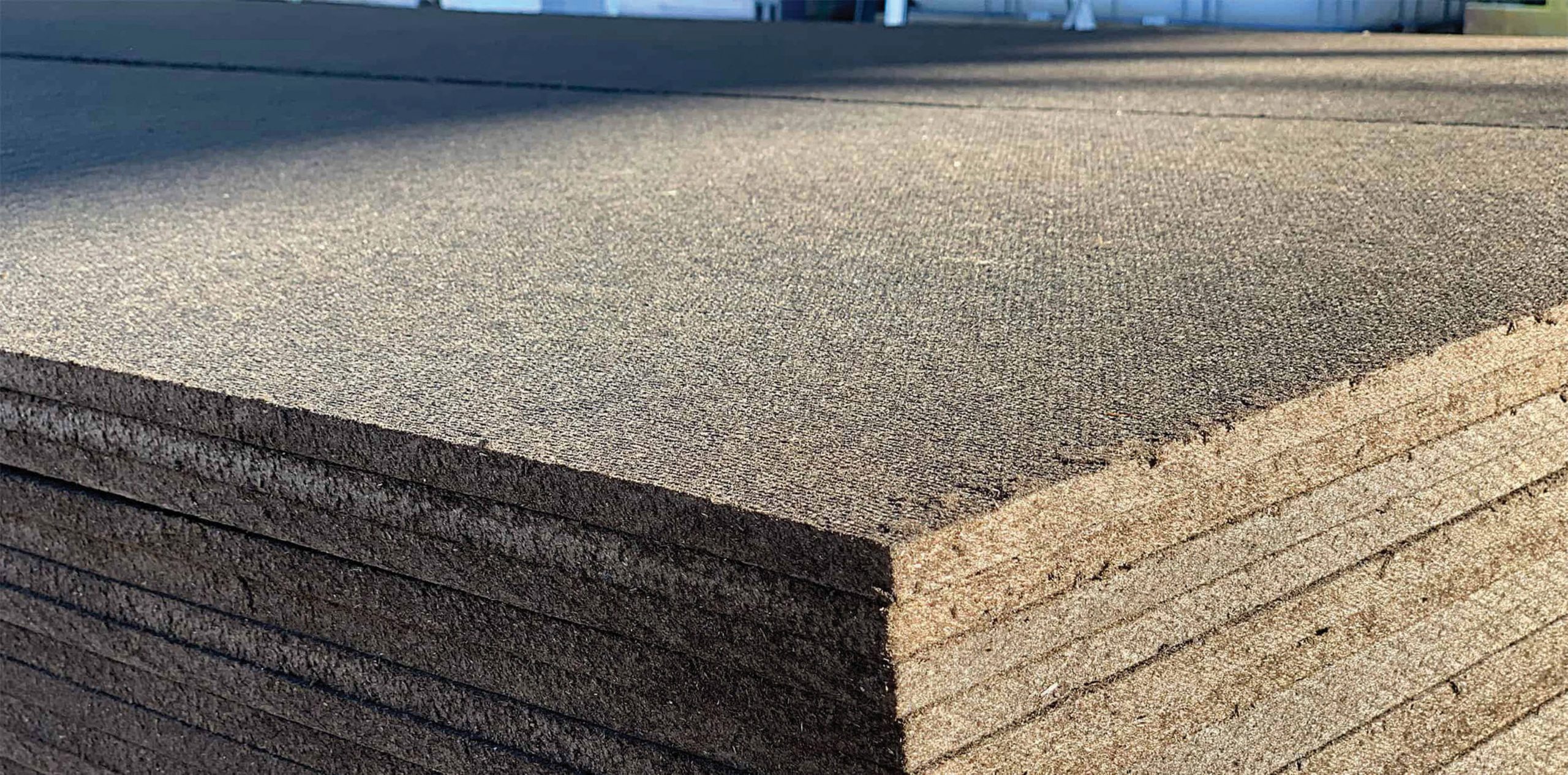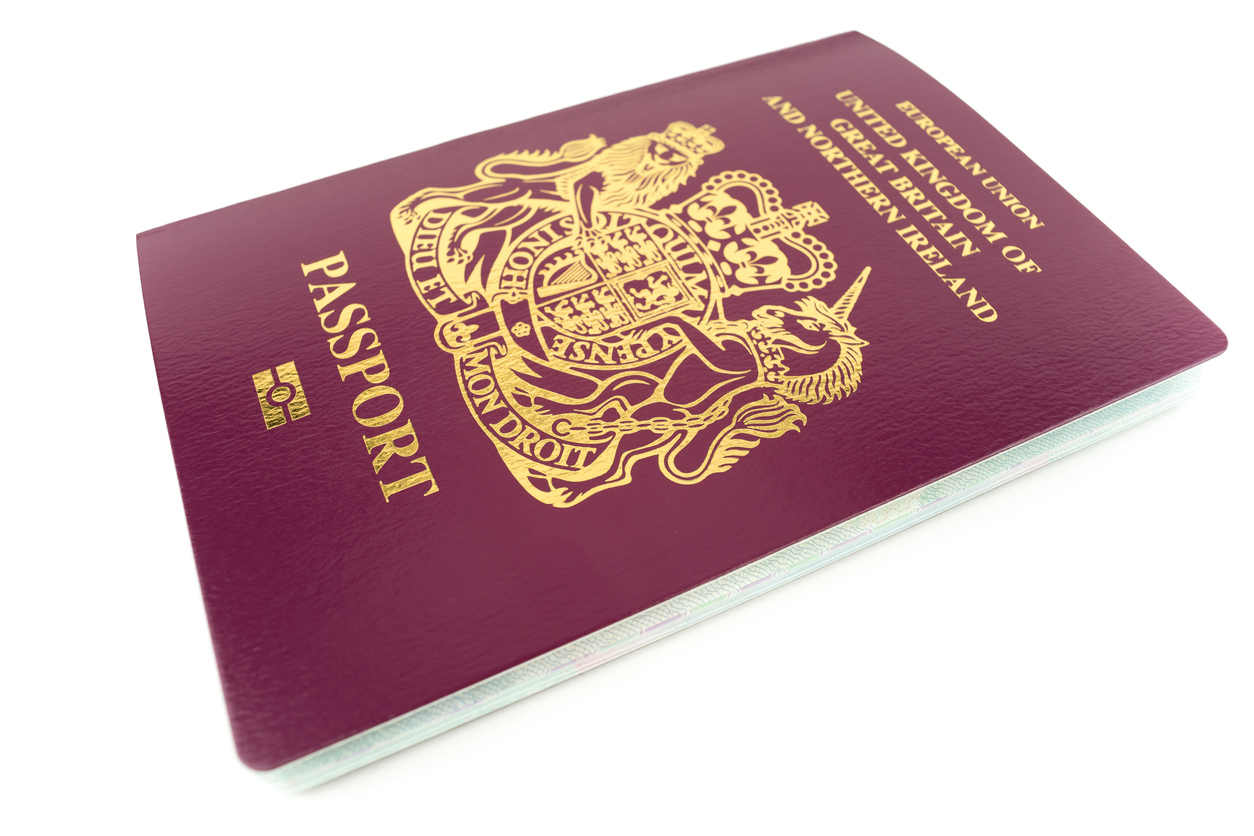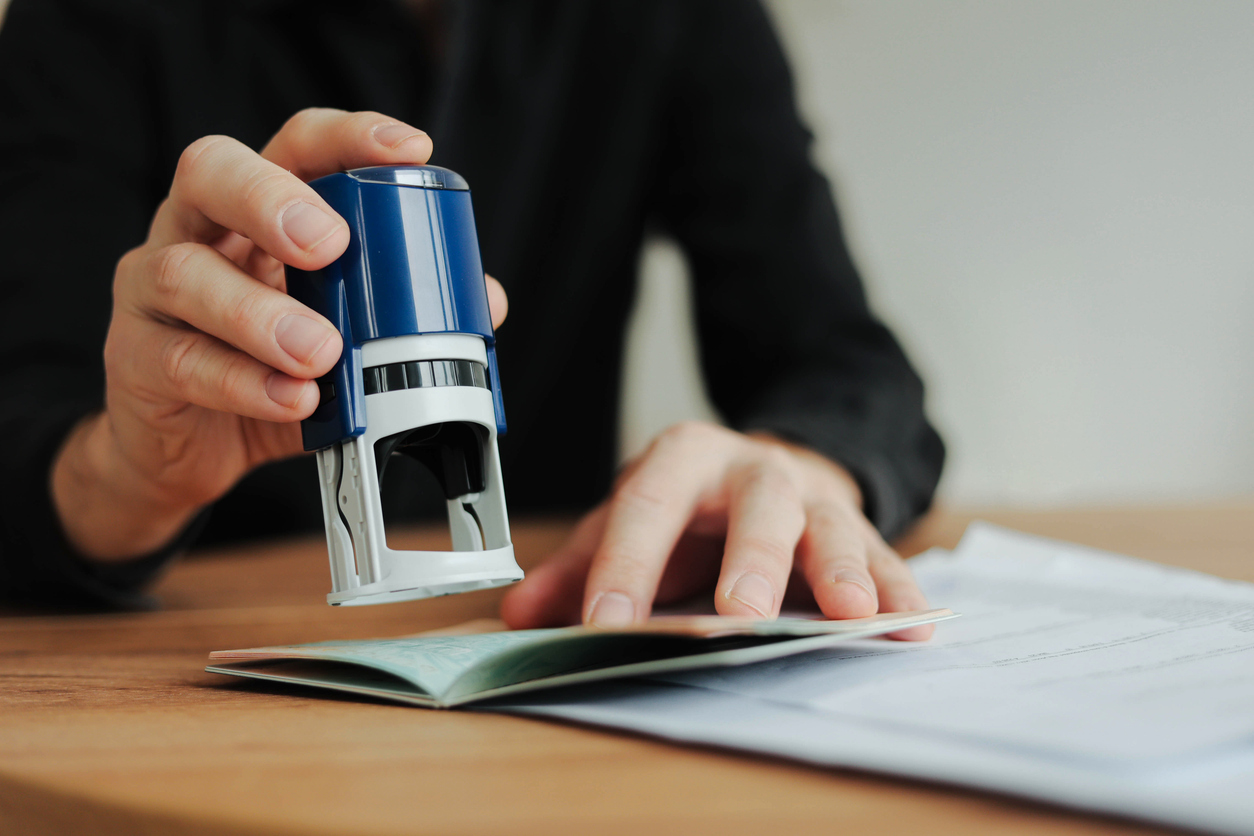Exploring the Versatility of Bitumen Impregnated Boards: A Game-Changer in Construction
Exploring the Versatility of Bitumen Impregnated Boards: A Game-Changer in Construction
Are you ready to revolutionize the world of construction? Look no further than bitumen impregnated boards! These versatile marvels are about to change the game in ways you never imagined. Whether you’re a seasoned contractor or just an enthusiastic DIYer, this blog post will take you on an exciting journey into the extraordinary world of bitumen impregnated boards and show you why they are set to become every builder’s new best friend. From their unparalleled durability to their endless applications, get ready to be amazed by the versatility of these incredible construction materials. Let’s dive in and discover how bitumen impregnated boards are reshaping the industry one project at a time!
Introduction to Bitumen Impregnated Boards
Bitumen impregnated boards, also known as bitumen boards or bitumen sheets, are a type of building material that has gained immense popularity in the construction industry. These boards are made from a combination of wood fibers and bitumen, a sticky and viscous liquid derived from crude oil. The resulting product is a strong and durable board that offers excellent resistance to moisture, heat, and chemicals.
The use of bitumen impregnated boards dates back to ancient civilizations where it was used for waterproofing and insulation purposes. However, with advancements in technology and manufacturing processes, these boards have evolved into a highly versatile building material that offers numerous benefits for modern-day construction projects.
One of the key features of bitumen impregnated boards is their high level of water resistance. This makes them an ideal choice for applications such as roofing, wall cladding, flooring, and even underground structures. The combination of wood fibers and bitumen creates a dense structure that effectively repels water and prevents any moisture infiltration. This not only helps to protect the structural integrity of buildings but also ensures longevity by preventing rotting or decay.
In addition to being water-resistant, bitumen impregnated boards also offer excellent thermal insulation properties. The porous nature of wood fibers combined with the insulating properties of bitumen makes these boards an efficient barrier against heat transfer. This can help reduce energy costs by maintaining stable indoor temperatures throughout the year.
What are Bitumen Impregnated Boards?
Bitumen impregnated boards, also known as bitumen-impregnated fiberboards or BIBs, are a versatile material commonly used in construction. These boards consist of a mixture of wood fibers and asphalt/bitumen that is compressed and heated under high pressure to create a strong and durable board.
The main component of bitumen impregnated boards is the bitumen, which plays a crucial role in providing its unique properties. Bitumen, also known as asphalt, is a sticky and highly viscous liquid derived from crude oil. It has been used for centuries in various applications due to its excellent waterproofing capabilities and durability.
One of the key advantages of bitumen impregnated boards is their ability to withstand moisture. The combination of wood fibers and bitumen creates a water-resistant barrier that makes these boards ideal for use in areas prone to high humidity or water exposure. This feature makes them particularly suitable for outdoor construction projects such as roofing systems, exterior cladding, and decking.
In addition to their resistance to moisture, bitumen impregnated boards also offer excellent thermal insulation properties. The porous structure of the wood fibers combined with the insulating qualities of bitumen helps regulate temperature inside buildings, reducing energy costs associated with heating or cooling. This makes BIBs an eco-friendly choice for sustainable construction practices.
The Manufacturing Process
The manufacturing process of bitumen impregnated boards is a complex and precise procedure that involves several steps to ensure the highest quality product. These boards, also known as bituminous fiberboards or asphaltic boards, are used in construction for various purposes such as waterproofing, insulation, and soundproofing. In this section, we will delve deeper into the manufacturing process of these versatile boards.
1. Raw Material Preparation:
The first step in the production of bitumen impregnated boards is preparing the raw materials. The primary ingredients include cellulose fibers, mineral fillers, and bitumen (a sticky and viscous liquid derived from crude oil). The cellulose fibers can be obtained from wood pulp or recycled paper while mineral fillers like limestone or silica are added to improve strength and durability.
2. Mixing:
Once all the raw materials are gathered, they are mixed together in a precisely controlled ratio to form a homogenous blend. This mixture is then heated to soften the bitumen and facilitate better distribution among other components.
3. Forming:
In this stage, the blended material is molded into sheets using specialized machines such as rollers or presses. The thickness of these sheets can vary depending on their intended use.
4. Impregnation:
The key differentiating factor of these boards is their impregnation with bitumen. To achieve this, the formed sheets are passed through a bath filled with hot molten bitumen under high pressure.
Benefits of Bitumen Impregnated Boards in Construction
Bitumen impregnated boards, also known as bituboard or bituboard panels, are becoming increasingly popular in the construction industry due to their versatility and numerous benefits. These boards are made up of layers of paper or cardboard that are impregnated with a mixture of bitumen and synthetic resins. This unique combination makes them highly durable and suitable for a wide range of applications in the construction sector.
In this section, we will explore some of the key benefits that make bitumen impregnated boards an excellent choice for various construction projects.
1. Waterproofing properties:
One of the primary advantages of using bitumen impregnated boards in construction is their exceptional waterproofing capabilities. The bitumen layer on these boards acts as a barrier against water, preventing it from seeping through and causing damage to the building structure. This makes them particularly useful for applications such as roof underlayments, wall sheathing, and foundation protection.
2. High strength and durability:
Bitumen impregnated boards have a high structural strength that makes them resistant to impact, tearing, and punctures. They can withstand heavy loads without deforming or cracking, making them ideal for use in areas where there is a high risk of physical damage. Additionally, their durability ensures that they have a long service life, thereby reducing maintenance costs for buildings.
– Durability and Weather Resistance
Durability and weather resistance are two important factors to consider when choosing building materials, especially for outdoor or high traffic areas. Bitumen impregnated boards (BIBs) have gained popularity in recent years due to their exceptional performance in both of these categories.
One of the main reasons BIBs are highly durable is because they are made from a combination of bitumen and wood fibers. Bitumen, also known as asphalt, is a natural waterproofing material that has been used in construction for centuries. It provides strong protection against water, moisture, and harsh weather conditions such as rain, snow, and UV rays.
The addition of wood fibers to bitumen creates a sturdy composite material that is able to withstand heavy loads and resist impact damage. This makes BIBs an ideal choice for high-traffic areas such as walkways, driveways, and parking lots.
Moreover, BIBs are known for their long lifespan. They can last up to 30 years with proper maintenance and care. This not only makes them a cost-effective option but also reduces the need for frequent replacements which can be time-consuming and disruptive.
In terms of weather resistance, BIBs excel due to their ability to expand and contract without cracking or warping. This is particularly beneficial in areas where there are extreme temperature fluctuations throughout the year. The flexibility of bitumen allows it to adapt to changing temperatures without compromising its structural integrity.
– Cost Effectiveness
When it comes to construction projects, cost is always a major concern. Contractors and builders are constantly looking for ways to cut down on expenses without compromising the quality of their work. This is where bitumen impregnated boards come in as a game-changer in the industry.
Bitumen impregnated boards offer significant cost savings compared to traditional building materials. The manufacturing process of these boards involves using low-cost raw materials such as wood fibers and bitumen, making them more affordable than other alternatives like concrete or cement boards.
One of the main reasons for the cost-effectiveness of bitumen impregnated boards is their durability. These boards are highly resistant to water, heat, and fire, making them a long-lasting solution for construction projects. This means that they will not need frequent replacements or repairs, resulting in significant cost savings in the long run.
Moreover, the installation process of these boards is relatively simple and can be done quickly by skilled workers. This reduces labor costs and also speeds up the construction timeline. Additionally, due to their lightweight nature, they require fewer resources for transportation and handling costs.
Another factor contributing to their cost-effectiveness is their versatility in terms of usage. Bitumen impregnated boards can be used for various purposes such as roofing, cladding, flooring, insulation, and even as structural elements. This eliminates the need for purchasing multiple specialized materials for different parts of a project.
– Versatility in Design and Applications
Bitumen impregnated boards have taken the construction industry by storm due to their versatility in design and applications. These boards, also known as bitumen-impregnated fiberboards (BIFs), offer a wide range of possibilities for architects, engineers, and contractors alike. From roofing to flooring, these boards are revolutionizing the way we think about building materials.
One of the major advantages of bitumen impregnated boards is their adaptability to different designs. They come in various sizes, thicknesses, and textures, making them suitable for a variety of construction projects. Whether you are looking to add a rustic charm or a modern touch to your building, there is a bitumen board that can cater to your specific needs.
These boards are not only versatile in terms of design but also in their application. They can be used in both residential and commercial buildings for various purposes. Let’s take a closer look at some of the most common uses of bitumen impregnated boards:
1) Roofing: Traditionally used as an underlayment material for roofs, bitumen impregnated boards provide excellent protection against water leaks and moisture damage. Their waterproof nature makes them ideal for flat or low-sloped roofs where traditional shingles may not be suitable.
2) Flooring: Bitumen-impregnated fiberboards offer superior durability and strength compared to other flooring materials such as plywood or particleboard. This makes them an ideal choice for high-traffic areas like hallways and kitchens
Case Studies: Real-Life Examples of Successful Projects Using Bitumen Impregnated Boards
Bitumen impregnated boards (BIBs) have been gaining popularity in the construction industry due to their versatile nature and numerous benefits. But, how exactly are BIBs being used in real-life construction projects? In this section, we will delve into some case studies that highlight the successful use of BIBs in various construction projects.
1. Sustainable Roofing Solution for a School Building:
A school building located in a high rainfall area was facing constant leaking issues in its roof, leading to damage of ceilings and walls. The traditional roofing solution used earlier was not able to withstand the heavy rains and required frequent repairs, resulting in added costs. The school administration decided to opt for an environmentally friendly and sustainable solution – bitumen impregnated boards.
The BIBs were installed as an underlayment on the existing roof structure before installing the new roofing material. This provided an extra layer of protection against water leakage while also acting as a vapor barrier. The result was a leak-free and durable roof that could withstand heavy rains without any damage.
2. Enhanced Protection for Underground Structures:
In another project involving the construction of an underground parking lot, engineers were looking for a cost-effective solution to protect the concrete structure from water ingress and corrosion caused by harsh soil conditions. They turned to BIBs as they are known for their excellent waterproofing properties and ability to resist chemical attacks from soil.
How Wigmore Trading is Making a Difference in Supplying Quality Bitumen Impregnated Boards
Wigmore Trading is a renowned supplier in the construction industry, known for its commitment to providing high-quality building materials. When it comes to bitumen impregnated boards, Wigmore Trading stands out as a game-changer by consistently delivering top-notch products and services.
One of the key factors that sets Wigmore Trading apart in supplying quality bitumen impregnated boards is their strict adherence to international standards. The company sources its materials from trusted and certified manufacturers, ensuring that each batch of bitumen impregnated boards meets the required specifications and regulations. This attention to detail guarantees customers that they are getting premium quality products that will deliver exceptional performance in construction projects.
Moreover, Wigmore Trading has invested heavily in modern technology and state-of-the-art machinery to produce bitumen impregnated boards of unmatched durability and strength. This enables them to manufacture boards with consistent thickness, density, and surface finish – crucial features for any construction project. As a result, builders can rely on Wigmore’s bitumen impregnated boards for structural stability and long-term durability of their structures.
In addition to meeting technical requirements, Wigmore’s bitumen impregnated boards also have several environmental advantages over conventional building materials. These boards are made from sustainable resources such as recycled paper or wood fibers bonded together with bituminous binders. Therefore, they do not contribute significantly to deforestation or pollution like other construction materials such as plywood or chipboards do.








Comments are closed.